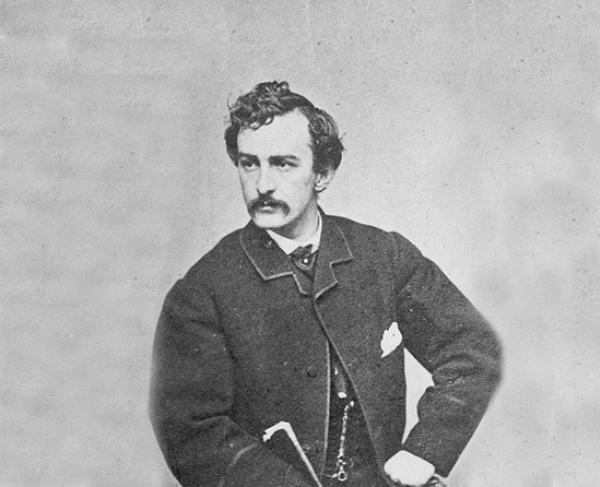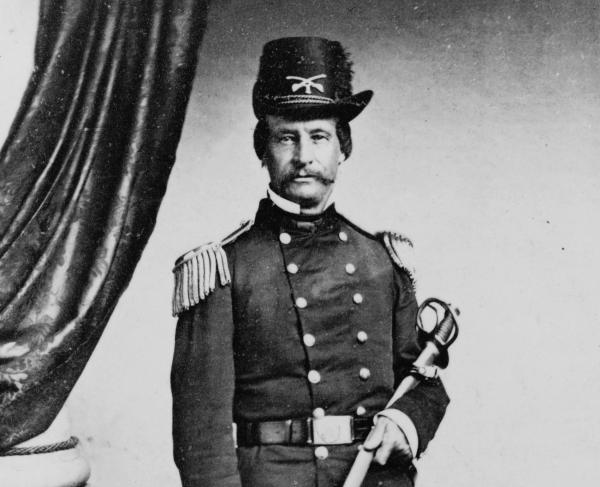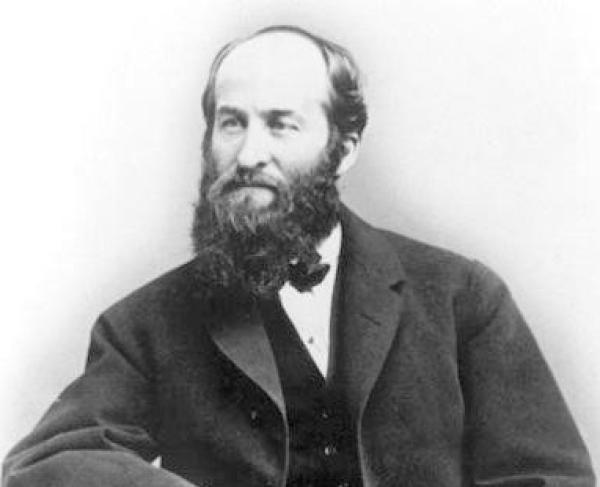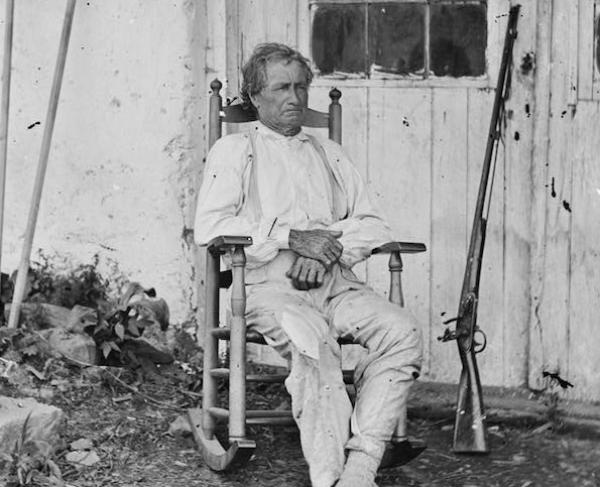John Wilkes Booth

John Wilkes Booth will always be attached to the name of the president he assassinated. As an actor, he knew his way around a theater, but, on the night of April 14, 1865, Booth jumped on stage for a different reason.
Born on May 10th, 1838, in Bel Air, Maryland, Booth excelled as a child at athletics and extra-curricular activities, but was a less than enthusiastic student. His parents were both immigrants from England. His father, Junius, was a successful British Shakespearean actor, and his mother, Mary Ann Holmes, was Junius’s mistress. After attending school in Bel Air, Sparks, and Cantonsville, Maryland, Booth followed in his father’s footsteps and entered the theater. He performed in plays such as Richard III in cities along the East Coast from 1855 until 1865, when he made his last on-stage appearance as Duke Pescara in The Apostate playing at Ford’s Theater in Washington D.C on March 18th.
Booth had a very active role in politics during the years before and during the Civil War. During his teen years he was active with the Know Nothings, an anti-immigrant political party. He was pro-slavery and detested abolitionists. In 1859, while rehearsing for a play in Richmond, he joined a local militia unit so he would be able to travel with them to witness the execution of John Brown. He detested President Lincoln, and was known to have publically denounced the Lincoln Administration during several public events. It all came to a head during the winter of 1864-65, as Booth and several other conspirators gathered to plan the kidnapping, then the assassination, of Abraham Lincoln.
While the original plan to kidnap the President was scrapped, Booth and several of his co-conspirators chose a plan of assassination. On the night of April 14, 1865, Booth once more entered Ford’s Theater where the President and the First Lady were enjoying a play. Booth managed to sneak past Lincoln’s bodyguard and silently entered the viewing box where the president was sitting. He discharged his pistol into the back of the President’s head and stabbed Major Henry Rathbone, before jumping onto the stage and shouting “Sic Semper Tyrannis”, the same line spoken by Brutus when assassinating Julius Caesar, meaning “thus always to tyrants.” The leap is believed to have broken Booth’s left leg. He stumped off and made his escape from the capital.
Booth moved south, making several stops at the homes of Confederate sympathizers, as well as unaware citizens, he crossed the Potomac into Virginia on April 23rd. On the morning of April 26th, Troopers of the 16th New York Cavalry caught up with him at the farm of Richard Garrett near Port Royal. His accomplice, David Herold, surrendered, but Booth remained in Garrett’s barn which was quickly set aflame by the cavalrymen. One soldier, Boston Corbett, approached the barn and claimed to have seen Booth leveling his pistol at him, so Corbett fired a round from his revolver. The bullet severed Booth’s spinal cord and paralyzed him. John Wilkes Booth died three hours later. His last words were spoken while looking at his hands. “Useless, useless, useless.” He is buried in an unmarked grave at the family plot in Green Mount Cemetery in Baltimore.


